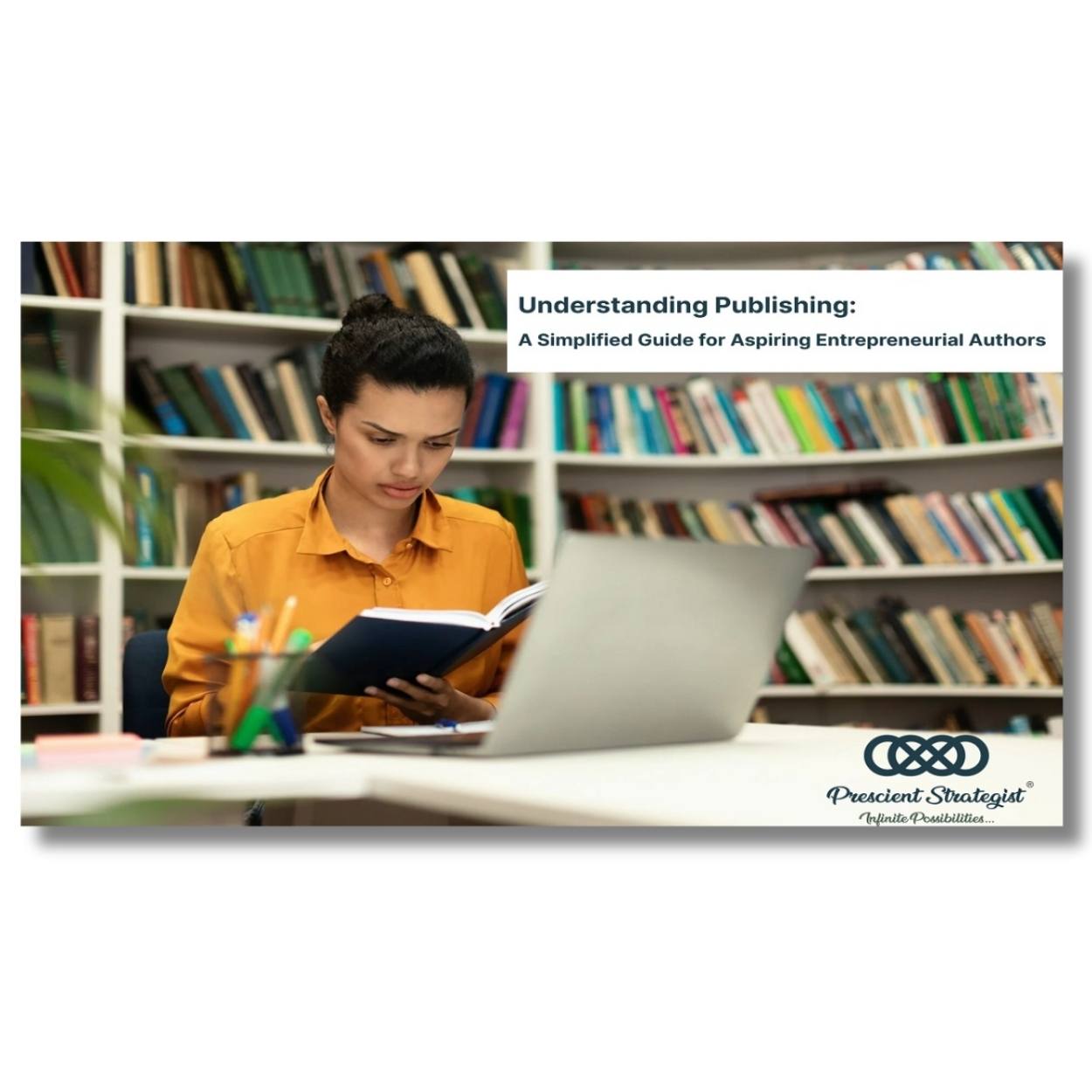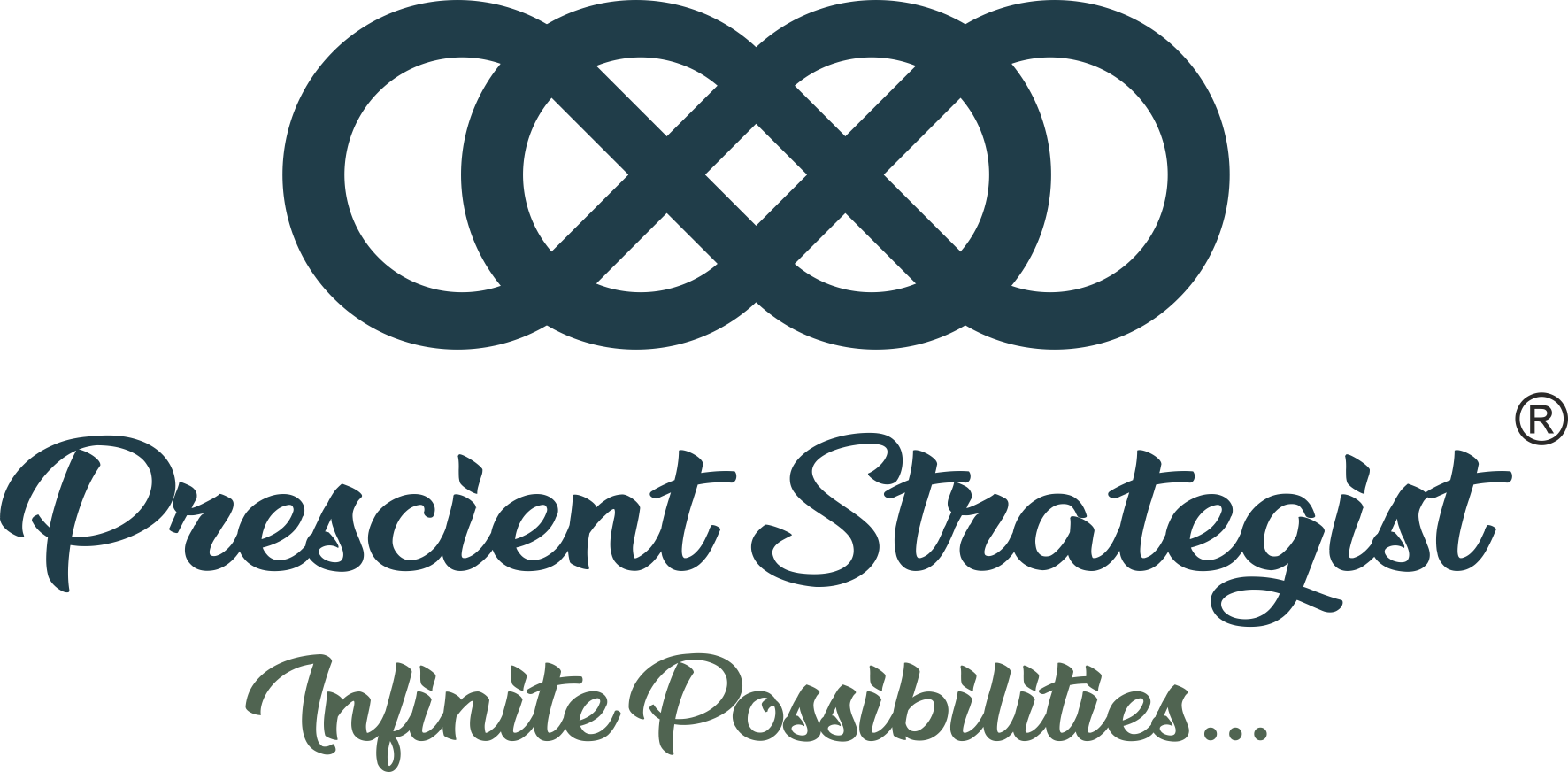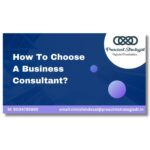Understanding Publishing Your Book: Aspiring Entrepreneurial Authors

Introduction
Publishing a book can seem like navigating a labyrinth. The multitude of options—traditional publishing, self-publishing, hybrid publishing—each with its own process and nuances, can be overwhelming. Fear not, aspiring author! This guide simplifies the complex world of publishing.
The Challenge:
Understanding the publishing process can be a daunting task. With terms like literary agents, book proposals, royalties, and copyrights, it’s easy to feel lost.
The Solution:
Here’s your simplified guide to understanding publishing:
1. Explore Your Options:
Understand the pros and cons of traditional publishing, self-publishing, and hybrid publishing. Choose what suits your goals best. Let me help you by explaining them in brief in a generalized manner.
Traditional Publishing: This is the classic route where a publishing house takes over the publishing process. They handle editing, design, printing, marketing, and distribution, and often provide an advance against royalties. However, getting accepted by a traditional publisher can be tough, and it requires patience as the process can be slow. Also, once your book is published, the publisher retains most of the control, including the rights to your book.
Self-Publishing: In this route, you act as your own publisher. This option gives you complete control over the creative process, rights, pricing, and profits. With platforms like Amazon Kindle Direct Publishing, you can publish your book in eBook and paperback formats, making your book available to millions of readers worldwide. However, it’s important to remember that you’re responsible for the quality of the final product, which means you might need to hire professionals for editing, cover design, and formatting. Marketing your book is also entirely up to you.
Hybrid Publishing: This is a blend of traditional and self-publishing. You pay a hybrid publishing company to handle the professional publishing process (editing, design, printing, distribution), but you keep the rights to your book and receive a higher royalty rate than in traditional publishing. You still have creative control over your work, but you also get professional support. It’s important to thoroughly research hybrid publishers and check their reputation, as this industry has a mix of both, highly reputable companies and those that just seek to profit from aspiring authors.
2. Learn the Lingo:
Get familiar with publishing terms—literary agents, book proposals, royalties, copyrights. This knowledge will be your compass in the publishing world. So, let us understand what these words mean.
Literary Agent: This is a professional who represents authors and their written works to publishers and film producers. They negotiate contract details and try to secure the best deal for their clients. Some publishers only accept manuscript submissions from literary agents.
Book Proposal: This is a document most commonly associated with non-fiction writing. It usually includes a title page, table of contents, sample chapters, market and competition evaluation, and the author’s biography. A strong book proposal can be a key tool to secure a publishing contract or a literary agent.
Royalties: This is the payment made to an author from the sales of their book. The royalty rate can vary depending on the type of publishing (traditional, self, or hybrid) and whether the book is in print, eBook, or audiobook format.
Copyright: This is a legal term used to describe the rights that creators have over their literary and artistic works. As an author, you hold the copyright to your work as soon as it’s created. This means you have the exclusive right (or can grant permission) to reproduce, distribute, and display your work.
The world of publishing can be complex, but understanding these key aspects can set you on the right path. With knowledge in hand, you can make informed decisions on how best to bring your book to life.
3. Network:
Connect with published authors. Learn from their experiences. They can provide valuable insights into the publishing process. One such place is TLC Mastermind community where there are more than 180 published authors and in current date more than 220 members from various walks of life are getting help from experience mentors to write & publish their book.
The publishing world might seem intricate, but with the right knowledge and guidance, you can navigate it successfully. Remember, your journey to becoming a published author is a marathon, not a sprint. Take it one step at a time, and you’ll cross the finish line.




